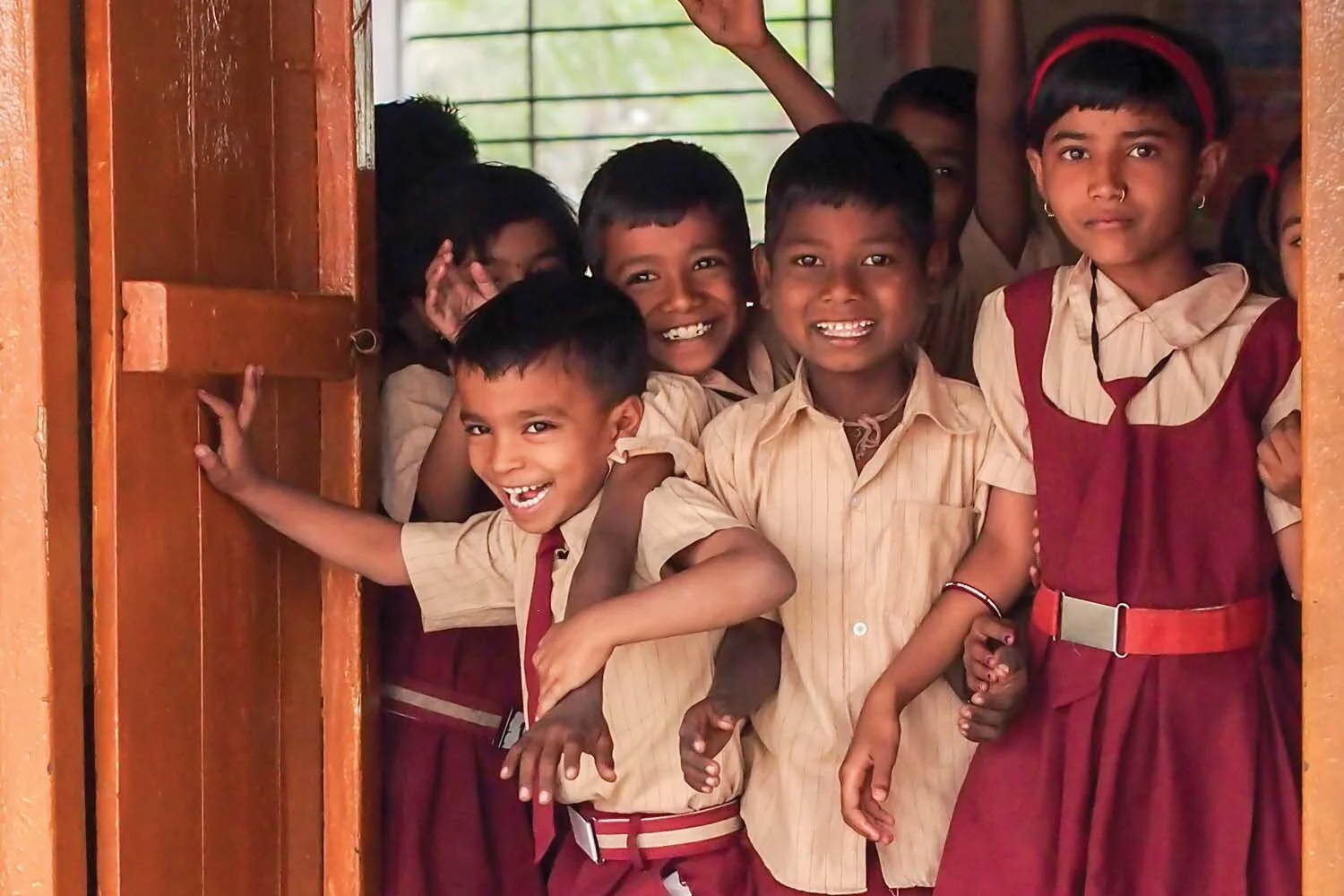Donate Today!
"What I admire about Karuna’s work is their grassroots approach to improving the lives of the most marginalised people in India, Bangladesh and Nepal."
– Kate Atkinson / Karuna Abassador
"What I admire about Karuna’s work is their grassroots approach to improving the lives of the most marginalised people in India, Bangladesh and Nepal."
– Kate Atkinson / Karuna Abassador
Be our next hero.

Regular donations create a secure income, which means we can plan for the future and ensure that we create sustainable change. Without this, the work we do would not be possible.
Karuna takes your privacy seriously. We will use your personal information to process your donations and only in other ways which you would reasonably expect. We will never sell or trade your details. To read more about how we value and respect your privacy and data, please see our full Privacy Policy here.
Karuna is committed to achieving the best experience for our supporters. If you have any questions, concerns or comments, we would really appreciate hearing from you.
The Karuna Trust, 72 Holloway Road, London, N7 8JG
E: Contact Us
Our card payment process can handle all international payments including the option to set up recurring payments from your debit account. This is ideal if you are not based in the UK and want to set up regular giving.
If you live in the UK and wish to make a regular donation by Direct Debit then click here for our Direct Debit form